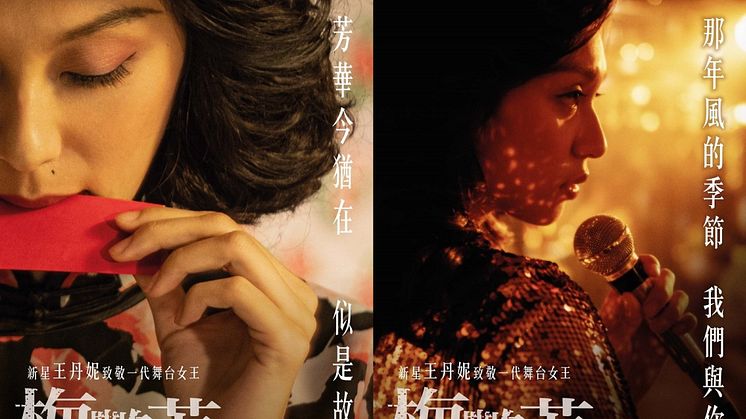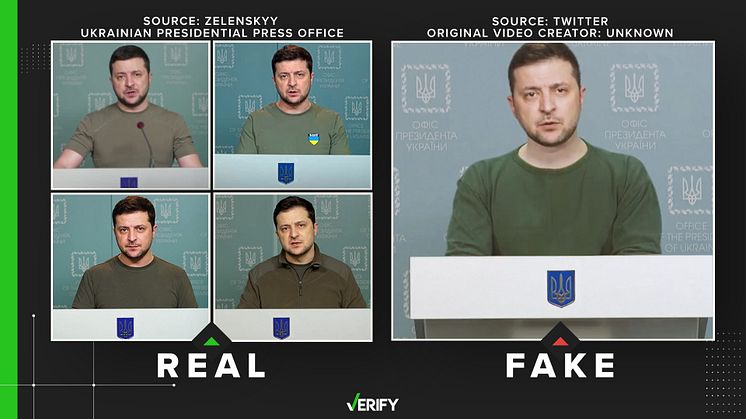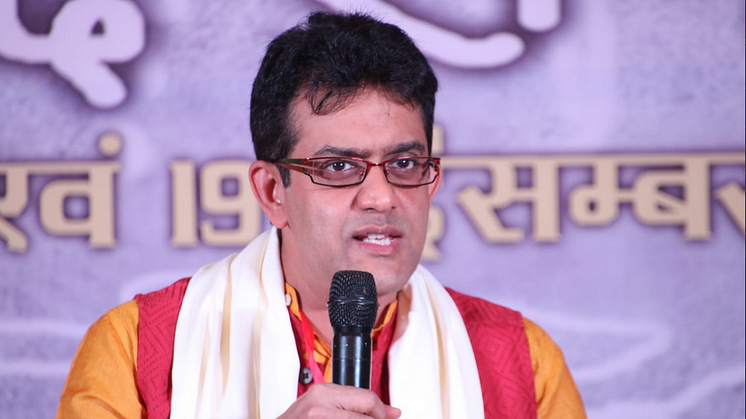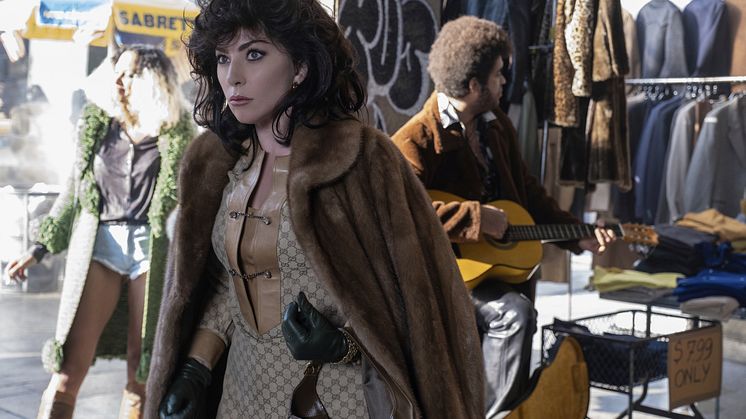
News -
Who owns the IP rights to HK icon Anita Mui’s life and legacy?
Anita, a biopic about Hong Kong pop icon Anita Mui, drew critical praise and achieved commercial success when it was released last year. However, the movie has also sparked litigation from the late entertainer’s brother, who claims that the film’s production company has infringed on his rights over two registered trademarks.
According to the South China Morning Post, Peter Mui, Anita’s elder brother, registered two trademarks – which relate to precious metals, jewellery and time instruments – in his sister’s Chinese and English names after her death.
He alleges that these trademarks were used by the production company “without his authorisation in the production, promotion and content of the film”.
In 2018, he also applied for defensive trademarks that cover computer and scientific devices, printed matter, leather goods, clothing and advertising, and entertainment and cultural activities. This application is still being processed.
A defensive trademark is typically used to prevent a distinctive, famous, or even unique trademark from being used for unrelated goods or services.
The fact that trademarks are being brought up in a debate about a superstar’s life story seems relatively unusual. While family members of such film subjects, and the subjects themselves if they are still alive, are often consulted for such projects, many biopics do not seek such approval.
That’s because no one actually owns the copyright to their life, as entertainment lawyer Christopher Schiller puts it.
What we do have are what he terms reputational rights, such as the right to privacy and the rights of publicity. These, combined with laws related to libel and defamation, give an individual legal protection when it comes to the unauthorised commercial use of their name, likeness, and, yes, life story.
In the US context, freedom of expression is a constitutional right and thus a film-maker is allowed to make a movie about somebody else’s life story. However, if the subject feels that his reputational rights have been infringed upon, he may pursue legal action.
That's where the concept of "life rights" comes into play. “If you want to promote your film by using the subject’s name and likeness, it is in your best interest to secure their life rights in order to avoid legal action”, advises Romano Law. “When a person sells their life’s story rights, they are giving someone else permission to tell their story and promising that they will not sue that person for invasion of privacy, defamation or other potential claims.”
PitchMark helps innovators deter idea theft so that clients get the idea but don’t take it. Visit PitchMark.net and register for free here https://pitchmark.net/client/register.php




